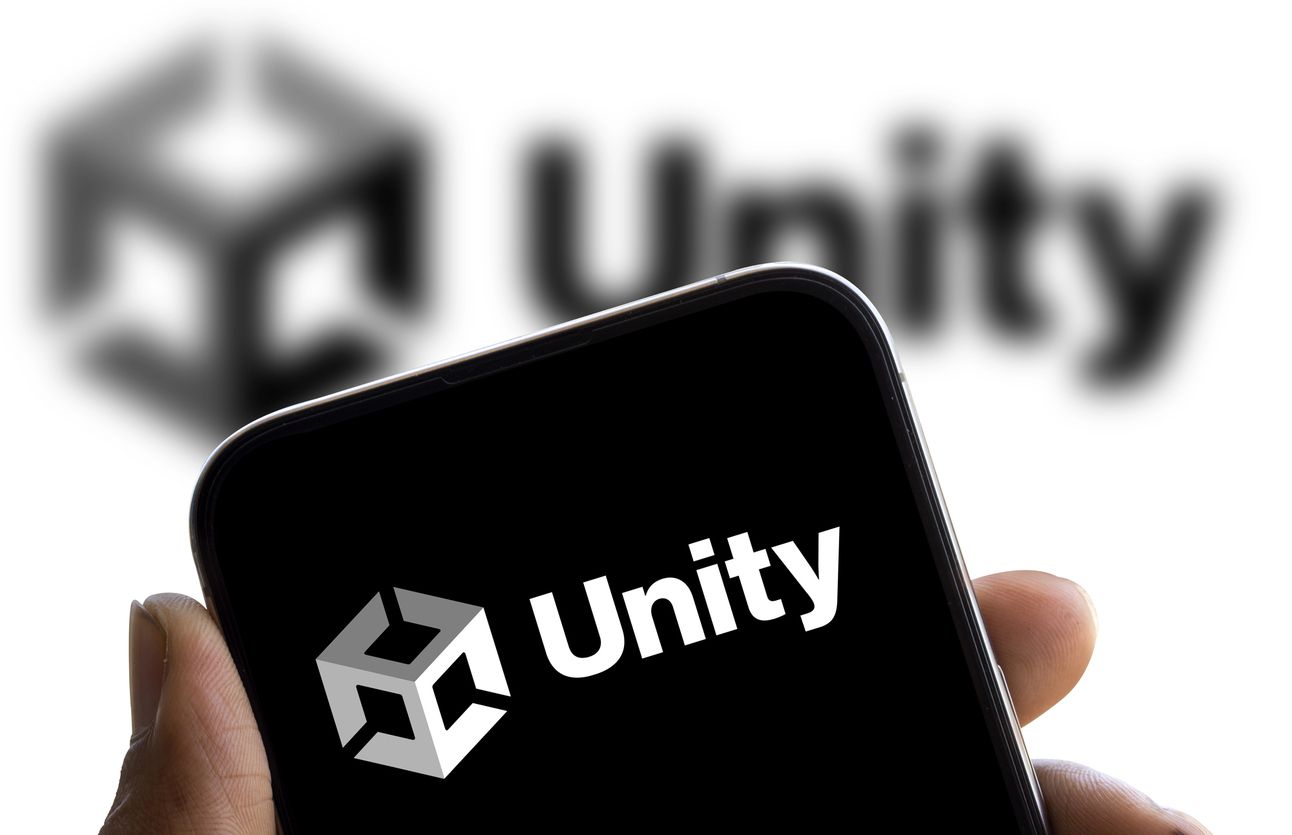- Tech Stock Insider
- Posts
- Tech Stock’s Engine is an Undervalued Powerhouse Fueling Gaming’s Future
Tech Stock’s Engine is an Undervalued Powerhouse Fueling Gaming’s Future

Unity Software (NYSE:U) is a cornerstone of the gaming industry, with its game engine powering a vast share of mobile, PC, and console titles.
Despite a volatile stock price and a market fixated on its advertising business, Unity’s core engine is a high-value asset locked in a duopoly with Unreal, poised to capture growing value as the gaming market consolidates.
With recent fee structure changes and a $12 billion market cap that understates its potential in a $60 billion PC gaming industry, Unity offers tech investors a compelling bet on a secular growth story.

High-Rated Buys (Sponsored)
A new investor report reveals 7 stocks with breakout potential in the next 30 days.
These picks come from a proven ranking system that has more than doubled the S&P 500’s return—posting +24.2% average annual gains.
Only the top 5% of stocks even qualify, and these 7 are rated the highest right now.
The opportunity window is closing fast.
Download the full list—free.
Access the “7 Best Stocks for the Next 30 Days” now.

Never Miss Our Top Tech Recommendations Again!
We now send our tech picks via text, too, so you’ll get the same tech breakout news without having to open your inbox.

Unity’s Game Engine: A Market Leader with Untapped Potential
Unity’s game engine is the backbone of countless video games, from indie mobile hits to major PC and console titles.
Its dominance in mobile gaming, with an estimated 70% market share, remains unchallenged by lightweight rivals, as evidenced by developers returning to Unity after a failed boycott over the 2023 runtime fee controversy.
In PC and console markets, Unity and Unreal are forming a duopoly, with large studios like Microsoft (NASDAQ: MSFT) and Take-Two (NASDAQ: TTWO) increasingly adopting third-party engines over proprietary ones due to cost-cutting and project cancellations post-pandemic.
Unity’s asset store, offering plug-and-play graphics and tools, further locks in developers, creating a high-margin revenue stream.
While monetization challenges persist, recent pricing adjustments (i.e., shifting to seat-based fees and royalties on hit games) position Unity to extract more value from its engine, especially in the $60 billion PC gaming market.
Action Item: Research adoption rates of Unity 6 to gauge developer loyalty. Monitor asset store revenue trends for signs of margin growth. |

Asset Power (Sponsored)
Starting this July, big banks can legally treat gold as cash—and they’re wasting no time.
Meanwhile, millions of Americans are still heavily invested in volatile paper assets.
One economist says gold is now “the only money banks trust.”
There’s still time to catch up, using an IRS-approved method that avoids taxes or penalties.
This FREE Wealth Protection Guide explains how to move before the window closes.
[Click here to access the guide]
P.S. Every day you wait, the insiders move further ahead. Get the facts before July hits.

Gaming’s Essential Tool Gains Traction
Unity’s Q1 2025 financials reflect a business in transition but with clear strengths. The company reported $450 million in revenue, with the Create segment (game engine and tools) growing 10% YoY, driven by Unity 6 adoption.
The Grow segment (ads and monetization) accounts for the majority of revenue but saw flat growth due to restructuring.
EBITDA margins expanded by 2% to 15%, signaling improved profitability. Unity forecasts $350 million in free cash flow for 2025, with 80% EBITDA-to-FCF conversion, a significant leap from 73% in 2024.
The company’s $730 million net debt is manageable, and its focus on core segments suggests revenue growth will resume in Q4 2025.
Action Item: Snag shares to capitalize on Unity’s profitability inflection. Track Q4 2025 revenue growth to confirm the turnaround. |

AI Stocks (Sponsored)
While headlines focus on the same overhyped AI names, a bigger opportunity is taking shape — and it’s flying under the radar.
A new report reveals 9 AI companies with real U.S. operations, accelerating revenue, and deep AI integration. These aren’t speculative plays — they’re positioned to benefit from a massive shift in how and where AI is being built.
This free guide includes:
A chip supplier poised to fuel U.S. AI manufacturing
A cloud provider set to expand under new policy changes
A data firm with potential government contracts on deck
The early window on these opportunities may be closing — now’s the time to see what’s coming next.

Strategic Positioning & Competitive Advantage
Unity’s game engine thrives in a consolidating market. Its 70% share of mobile gaming is fortified by features like multiplayer support and microtransaction tools, outpacing smaller engines like Godot.
In PC and console markets, Unity and Unreal are pulling ahead as AAA studios shift from proprietary engines to third-party solutions.
This trend, driven by cost pressures and developer demand for transferable skills, favors Unity’s scalable platform.
The asset store, offering high-quality graphics and tools, creates a sticky ecosystem, with Unity earning a cut on every sale.
Unlike ad-focused rivals like AppLovin (NASDAQ: APP), Unity’s competitive edge lies in proprietary user data tied to its engine, enhancing its ad platform’s potential.
Recent management changes and a leaner focus on Create and Grow segments bolster its strategic clarity.
Action Item: Monitor AAA studio partnerships for signs of growing enterprise adoption. Evaluate asset store innovations to assess ecosystem stickiness. |

Bear Case
Unity’s monetization struggles are a key concern.
The 2023 runtime fee backlash highlighted developer sensitivity to pricing changes, and the new royalty-based model must balance profitability with goodwill.
The Grow segment’s reliance on advertising exposes Unity to economic downturns or shifts in ad spending, especially if global growth slows.
Competition from Unreal in PC/console markets and AppLovin in ads could pressure margins. Unity’s $730 million net debt, while manageable, limits flexibility if restructuring costs overrun.
Finally, investor skepticism about management’s capital allocation, despite recent leadership changes, could cap near-term upside.

Unity’s Engine: A Bet on Gaming’s Core Infrastructure
Unity Software’s game engine is a hidden gem, powering a massive slice of the $60 billion PC gaming market and holding a near-monopoly in mobile.
As the industry consolidates into a Unity-Unreal duopoly, recent pricing tweaks and a refocused strategy position Unity to unlock its engine’s value.
Trading at 33x forward free cash flow with $350 million projected for 2025, the stock offers a compelling risk-reward setup. Snag shares for exposure to gaming’s secular growth but keep an eye on monetization progress to ensure execution matches potential.

That's our coverage for today; thanks for reading! Reply to this email with feedback or any tech stocks you want me to check out.
Best Regards,
—Noah Zelvis
Tech Stock Insider


